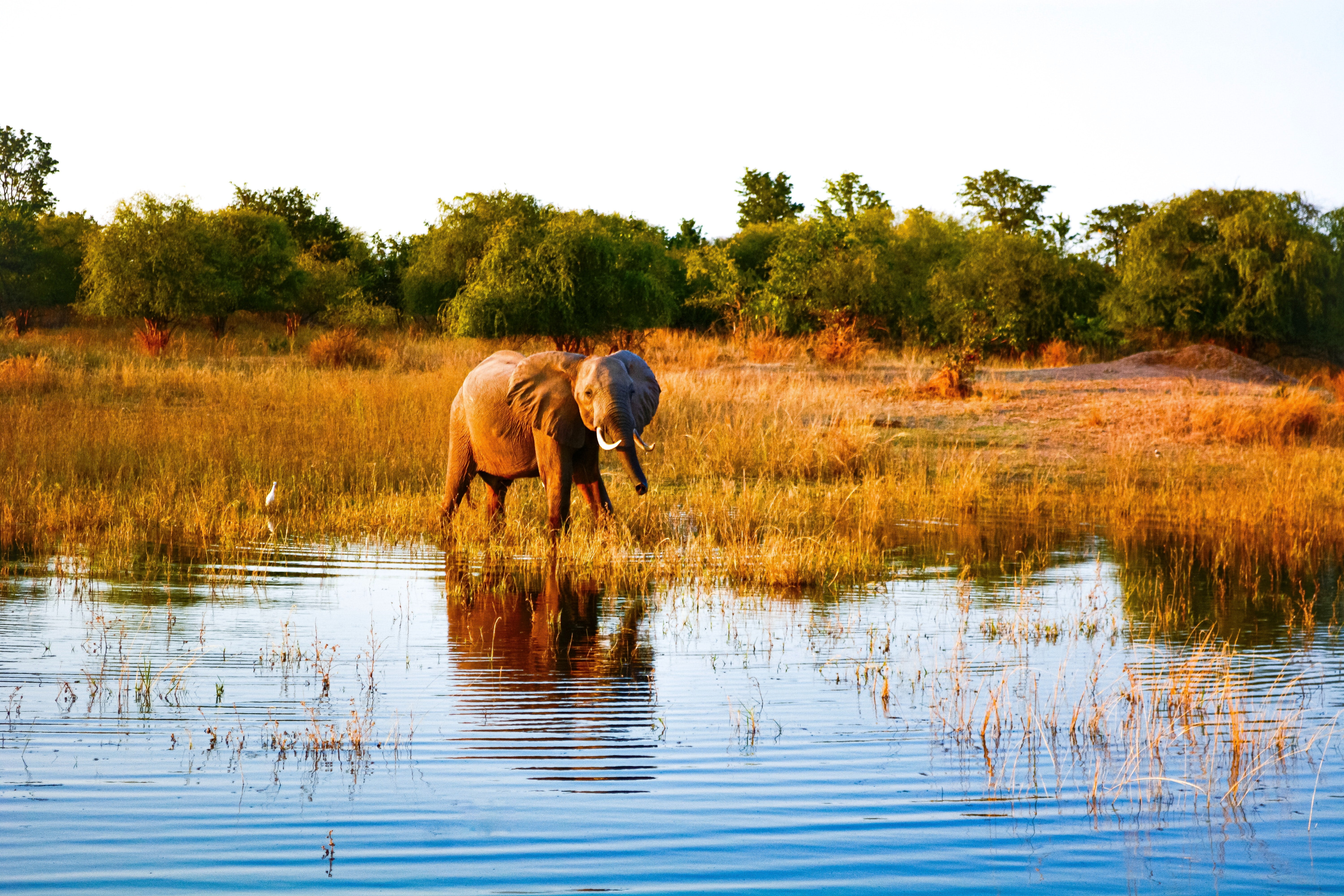Climate change is decimating Zimbabwe’s fish stocks
Decrease in populations is compounded by poaching as people scramble to make ends meet

By Nokuthaba Dlamini for Newsday
Poaching and climate change are decimating Zimbabwe’s fish stocks, the country’s wildlife authorities have said.
Zimbabwe Parks and Wildlife Management Authority (ZimParks) says climate change has become a reality in Zimbabwe and the perennial problem of poaching is not helping matters.
“Climate change has generally led to increased temperatures in our water bodies and this is likely going to continue affecting our wildlife conservation efforts, including the fisheries,” ZimParks spokesperson Tinashe Farawo said.
“Apart from the rising temperatures, there are also inconsistent rainfall patterns where sometimes we receive a lot of rainfall and sometimes lower rainfall which has also affected the food production of fish. This is also in reference to the Kariba Dam, which will impact the production of fish which will lead to reduced catch, and livelihoods will also be affected because many people rely on fish either for food or small businesses.”
The latest Intergovernmental Panel on Climate Change (IPCC) report says most parts of southern Africa, such as the Zambezi Valley, will warm up by as much as 2.5ºC by 2050, while surface runoff will decrease most river basins.
Farawo says chances of fisheries being decimated are higher as many people have resorted to fish poaching either for sustenance or commercial purposes.
According to an annual operations report by Bumi Hills Anti-Poaching Unit in Lake Kariba, the year 2021 saw 86 fishing nets, measuring a combined total of 24,919 metres, being seized from poachers, in addition to 23 kapenta rigs which were also recovered.
“We have poaching where some people have been found with nets which catch everything including the smallest fish, and this definitely reduces the population of the fish,” Farawo said.
According to Bhejane Trust founder Trevor Lane, the rise in fish poaching, where some people have resorted to using mosquito nets to catch larger volumes of fish, has been fuelled by the country’s socio-economic hardships.
“Fish poaching is on the rise here (Zimbabwe) where we find mosquito nets and cheap filament nets being used illegally with an alarming number of small fish being taken out of the waters before they reach maturity and reproductive size, and this is compromising our ecosystem,” Lane said.
This article is reproduced here as part of the African Conservation Journalism Programme, funded in Angola, Botswana, Mozambique, and Zimbabwe by USAID’s VukaNow: Activity. Implemented by the international conservation organisation Space for Giants, it aims to expand the reach of conservation and environmental journalism in Africa, and bring more African voices into the international conservation debate.
Read the original story here.
Join our commenting forum
Join thought-provoking conversations, follow other Independent readers and see their replies
Comments
Bookmark popover
Removed from bookmarks